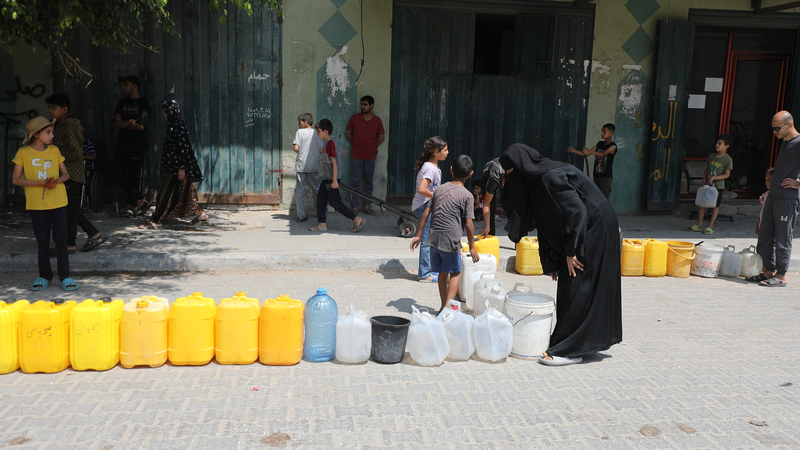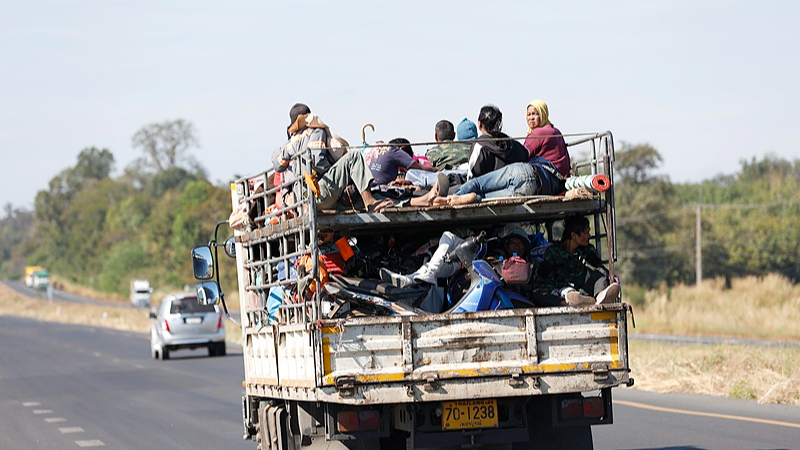As Gaza enters its fourth month under an aggressive fuel blockade, UN agencies are sounding the alarm: water supplies for over 2 million Palestinians are teetering on the edge of collapse.
Fuel is the lifeblood of Gaza's water infrastructure: it powers desalination plants, treatment facilities, and distribution pumps. Without steady diesel deliveries, water networks are shutting off, forcing families to trek long distances for unsafe or brackish sources.
OCHA warns that restrictions on fuel convoys or any attacks near designated aid routes risk halting operations entirely. “Israeli authorities must allow the delivery of fuel, in sufficient quantities, into and throughout Gaza, including to the north,” the UN wrote. “If these life-saving operations shut down, more people will die.”
The UN Children's Fund (UNICEF) paints a grim picture: acute malnutrition cases among children spiked nearly 50% from April to May, as dehydration and lack of clean drinking water take their toll. “If the 100-day blockade on fuel coming into Gaza does not end, children will begin to die of thirst,” UNICEF warned.
Rafah in the south has become a temporary lifeline: stored fuel there is being rationed to keep critical services online. On Monday, aid agencies successfully ran a mission to extract additional diesel from Rafah reserves—but experts say this is a race against time. Without new imports, hospitals, water towers, and sanitation plants will shut down within days.
For young global citizens, entrepreneurs, and changemakers from the G20 to beyond, Gaza's water crisis underscores a critical lesson: in conflict zones, access to basic utilities can become a front line. Global policies on humanitarian corridors, fuel imports, and safe aid delivery routes matter—real people's lives depend on them.
As the world watches, the plea from UN agencies is urgent and clear: fuel must flow, and hostilities must ease around relief corridors, or Gaza's water taps will run dry—and more lives will be lost.
Reference(s):
Fuel shortages, hostilities threaten water supplies in Gaza: UN
cgtn.com



